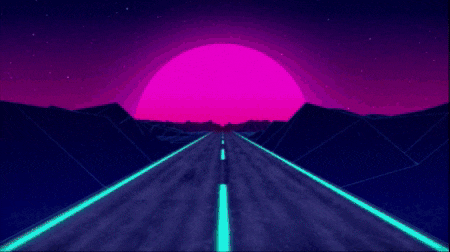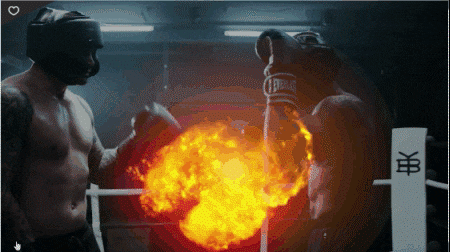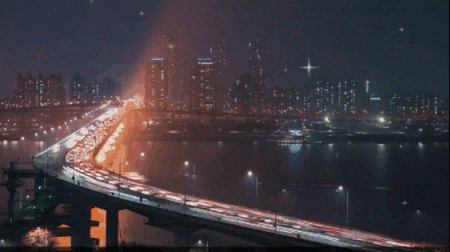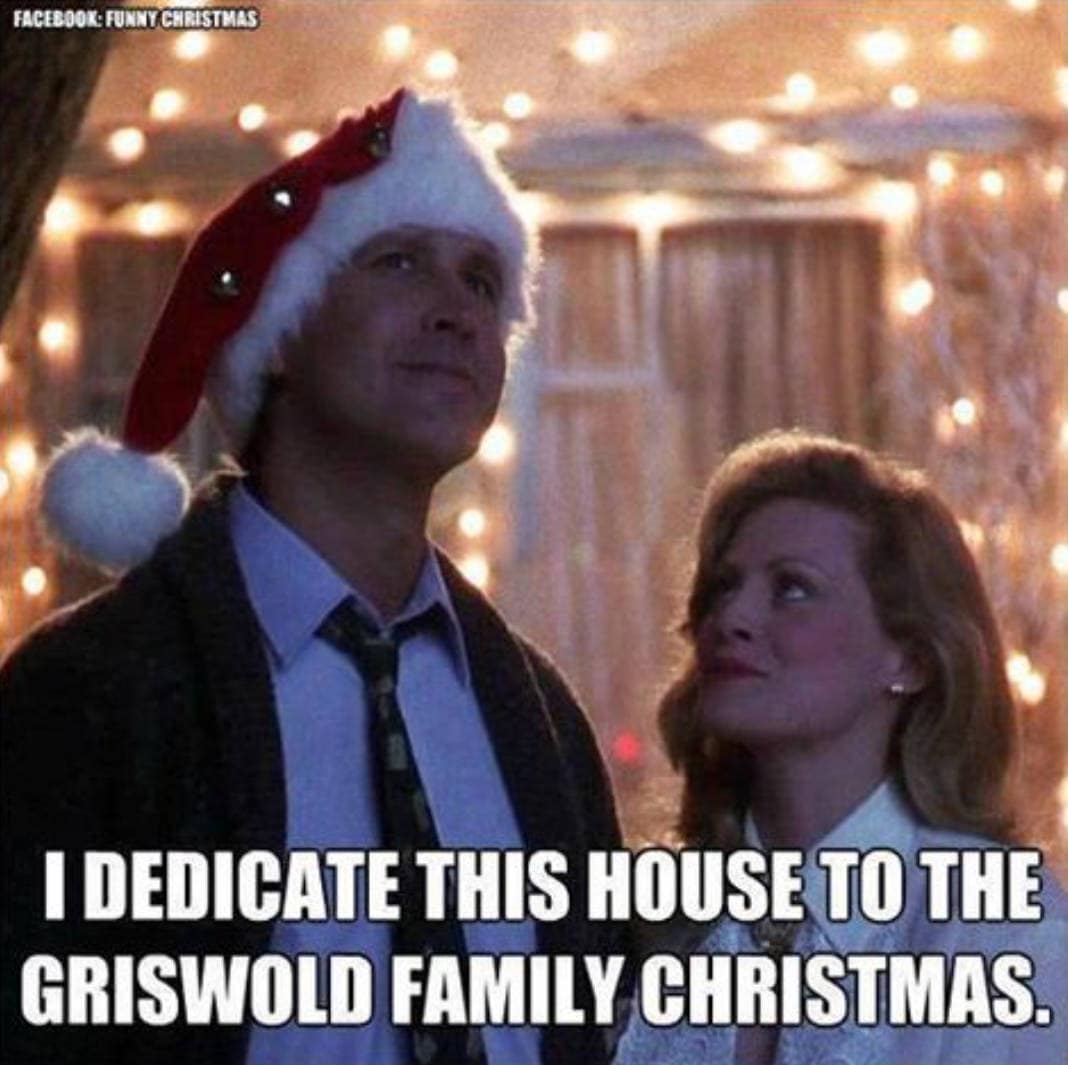- Home
- DIY Special Effects
- Car Time Travel Effect Filmora Tutorial
Transcript
In this video, we will show you this car time travel effect in Wondershare Filmora. To create this effect, you need a car PNG and tunnel abstract footage like this.
Drop tunnel footage on track 1 and make it 8 seconds long. Split the footage and remove the extra part. Drop the car PNG on track 2 and make it 8 seconds long.
Turn on the "Transform" and "Opacity" keyframe. At the starting point, change the car "Scale" value to 250 and "Opacity" to zero. Then, after 10 frames, change the car "Scale" to 45, "Opacity" to 100%, and set "Rotation" at 16 degrees, adjust the car's "Position." Use the Loop area to place the car. Go 20 frames forward, "Rotate" it to 41 degrees, and change its "Position" towards the left side, slightly upward.
Again, go 20 frames further, "Rotate" it more, and adjust the "Position." Next, go 20 frames further, decrease "Rotation" to 20 degrees, and set "Position" after 20 frames. "Rotate" the car by negative 20 degrees and bring the car towards the right side. Now, follow the same steps to create car motion.
Now, to add some smoke to the car, go to "Stickers," and under "Smoke Volume 1," you will get "Turbulent Smoke 01" and 02; drop it on track 3. Shrink it from the start at 2 seconds. Identify a point when the car is visible and make it at the start of the smoke. Then, "Rotate" the smoke by 237 degrees. Unlock the "Scale" and increase the "Y" scale for the long trail smoke effect. Adjust the smoke "Position," decrease the "X" scale to 85.2, "Rotate" it a bit more, and place the smoke on the car exhaust. Turn on the "Transform" keyframe, go 5 or 6 frames forward, and set the smoke "Position" at the exhaust.
Again, go 5 frames forward and set it on the exhaust. Now, do the same after every 5 frames. We are doing it manually because we need random movement, and keyframing is the only way to achieve this effect. Once you're done with keyframing, split the smoke clip at 8 seconds and delete the rest of the part.
Now, to make the smoke blend, change the smoke "Blending Mode" to "Lighten" and shift the car one track above the smoke clip. Now, let's see the final preview.
Guide on how to Create Car Time Travel Effect in Filmora
What you need to prepare:
- A computer (Windows or macOS)
- Your video materials.
- Filmora video editor
Download Filmora and Import Data
Initiate a "New Project" and drop your video and PNG image in the "Project Media." To create the time travel effect, you must transfer a PNG image of the object and background footage.

Drop Media on the Timeline Track
Drop your video clip in the timeline track by dragging it with the help of a cursor. Then, increase the duration of the video and exclude the extra part by splitting and deleting. Similarly, drop the car PNG image on another track in the timeline and set its duration equal to the clip's.

Adjust the Resolution & Visibility of the Object
Bring the cursor on the car PNG in the timeline and click it to open a setting panel on the right side of the screen. Go to the "Image" tab and select the "Basic" section. From there, turn on the "Transform" keyframes. At the end of this panel, you'll see the "Opacity" keyframes that need to be enabled.
Now, adjust the "Scale" and the "Opacity" level. The "X" and "Y" axes on the "Scale" will determine the resolution of the object on the screen. Meanwhile, the opacity will determine the visibility. Adjust them together at different timeframes to give the object a distant or close movement.

Change the Object's Position on the Background
Furthermore, to tilt the object’s motion, change the values of the "Rotate" option. You can also adjust the position of the object at different points by experimenting with the "X" and "Y" axis of the "Position" option. Do all of these settings at different timeframes (with a gap of a few seconds), and you'll have realistic rotating movements.

Add Stickers on the Object and Adjust Its Position with the Object Movement
To add stickers to the object, go to the main toolbar and select the "Stickers" tab. You'll find multiple options there, where you have to select the desired sticker for your object. Choose the sticker of your choice and drop it on the timeline of the track. Trim its duration slightly from the beginning so that it will be visible in the presence of the object. Change the position of the sticker in a similar way you changed the position of the object.

Go to the "Video" tab in the tool panel at the right and select the "Basic" sub-tab. Then, enable the "Transform" button and add transform keyframes. Make changes in the 'Scale," "Position," and "Rotate" to fit the sticker perfectly on the object. You need to change the "Position" of the applied sticker at all points when the object is changing its position by adding multiple keyframes throughout the video.

Blend the Sticker With the Footage
Now, you need to blend the sticker into the footage to make it look real. Click on the footage, navigate to the “Image” section, and under the "Basic" tab, find and expand the "Blend Mode" and choose a desired mode from the dropdown list. Then, shift the object’s clip on the above track.

Final Preview & Export the File
Go to the timeline toolbar and find the “Render Preview” button. Click the render button and see the final preview of your video. If you are creating content for the outcome, click the “Export” button and download the final video.

Videos, such as Reels or TikTok, are what everyone watches and prefers these days. Effects used in the videos have a great impact on the viewer's engagement. The time travel effect can be very useful for content creators while editing a time shift in a vlog. Following this guide will enable you to be creative while creating digital content.






